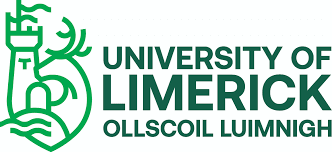BSc (with Honors) in Food, Science and Health
Key Points
This B.Sc. The Food and Health Sciences program prepares graduates for careers in Ireland’s largest industry. Approximately 40,000 people are employed in the food industry, which generates an annual gross production of approximately 15.6 billion euros. The Government has indicated that the food sector is of great strategic importance, capable of generating considerably more wealth and employment. Since there is a direct link between diet and health, consumers are becoming more health conscious and demanding higher quality foods that maintain health and prevent disease.
Program description
This Food and Health Sciences degree program has been developed to meet these needs among consumers, the food industry, academic and research organizations, and government agencies.
The study of the science of food and health will be challenging and rewarding. This degree program will combine the study of nutrition, human physiology, and the relationships between diet and health with the science and technology of classical foods.
This broad-based degree program covers topics such as:
- food science and technology
- food quality
- food ingredients
- Food Chemistry
- Food microbiology
- diet and health
- food processing
- Food safety
- project management
- Human nutrition
- public health nutrition
- advanced nutrient metabolism
- Human physiology
- food biotechnology
Program structure
Admission requirements
- Applicants will require a baccalaureate degree officially translated into English.
- IELTS 6.0 or higher (or its internationally recognized equivalent).
- TOEFL 580 (on paper) or 90 (on the internet).
- UL has approved the use of the Duolingo English Test (DET) as a temporary measure for the 2021/2 admission (due at the closing of the exam centers). The minimum requirement will be a DET score of 110. An interview may be required in conjunction with this for certain programs.
Learn more about our educational offer
Request your quote
An advisor will contact you by phone and email within the following hours

